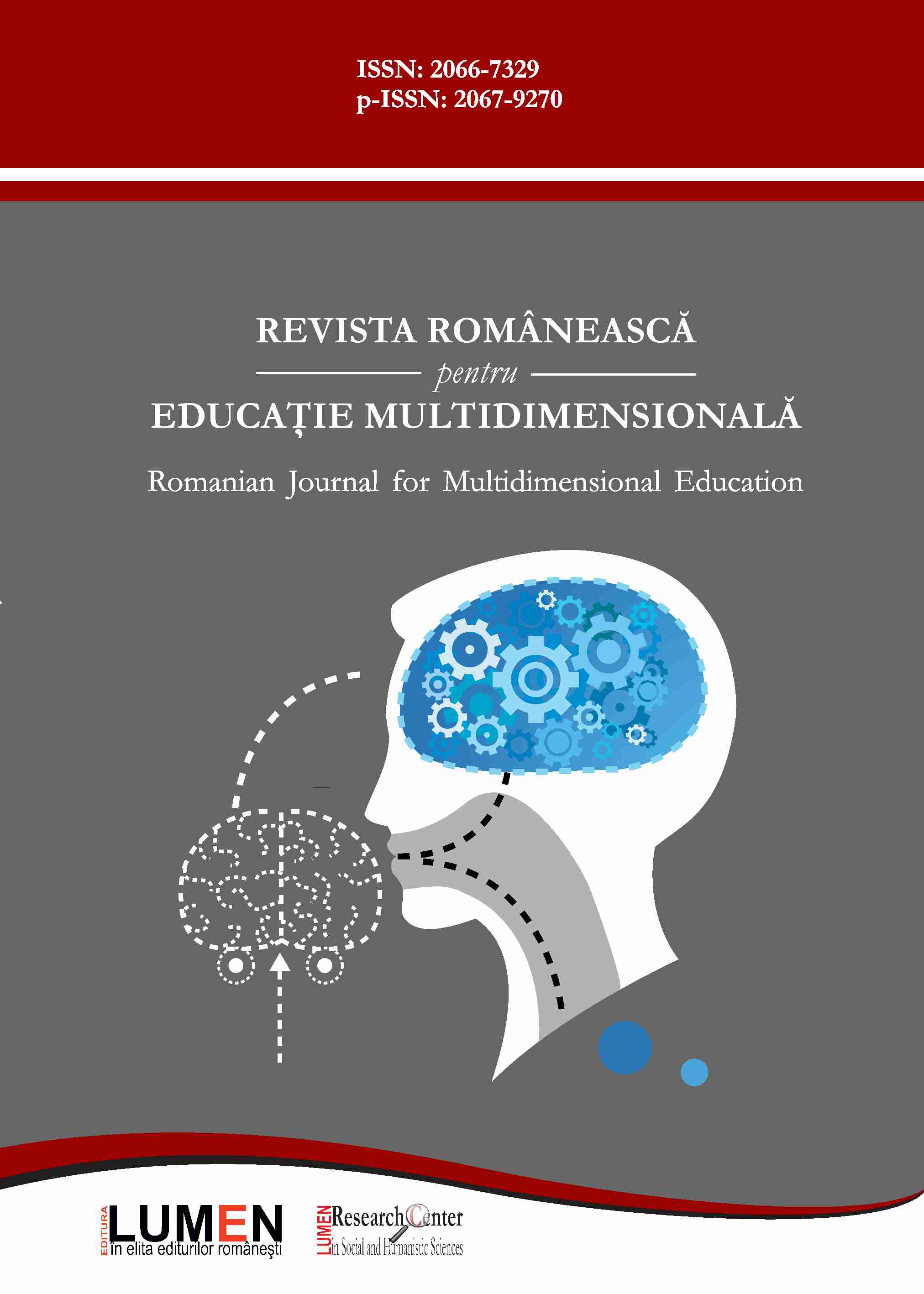A View on Grammar Teaching and Practice for Communicative Activities in Romanian as Foreign Language Acquisition in Online Classroom
A View on Grammar Teaching and Practice for Communicative Activities in Romanian as Foreign Language Acquisition in Online Classroom
Author(s): Dănuța Magdalena Pruneanu, Ana Cristina Lemnaru, Aurora Tatiana DinaSubject(s): Foreign languages learning, School education, Sociology of Education, Distance learning / e-learning, Pedagogy
Published by: Editura Lumen, Asociatia Lumen
Keywords: Grammar teaching; grammar practice; communicative activities; online classroom; Romanian as a foreign language;
Summary/Abstract: Throughout the years, the literature showed that the L2 teachers have struggled to establish whether it is not better for students to acquire the grammar rules intuitively, through communicative activities, rather than to learn them with the help of traditional exercises. Our research focuses on the importance of teaching Romanian language as a foreign language to achieve proper communicative skills. The questionnaire methodology applied led to a brief analysis on teachers’ adaptability to the most effective, interesting and interactive methods of teaching grammar, which gave us suggestions on how the practice of grammar for communicative activities can motivate and involve students to interact and to participate in online classroom activities in a friendly virtual learning environment. Our target group involved the Romanian language teachers whose role is to become the key factor in delivering the grammar rules instruction, in choosing the methods and interactive communicative activities, which will allow students to manifest interest and to perform each task accordingly.The study shows that communicative activities give students the possibility to practice their knowledge, to use creativity and to improve their general knowledge and communicative skills better than using traditional methods. In conclusion, such a learning experience becomes challenging in the virtual environment. Moving to the online classes and changing the interaction paradigm, as well as the necessity to adapt the teaching methods/activities, recommends the teachers to engage themselves to ensure that the learning environment is made efficient and that teaching still offers the students the means for limitless linguistic creativity.
Journal: Revista Românească pentru Educaţie Multidimensională
- Issue Year: 14/2022
- Issue No: 2
- Page Range: 131-135
- Page Count: 5
- Language: English

